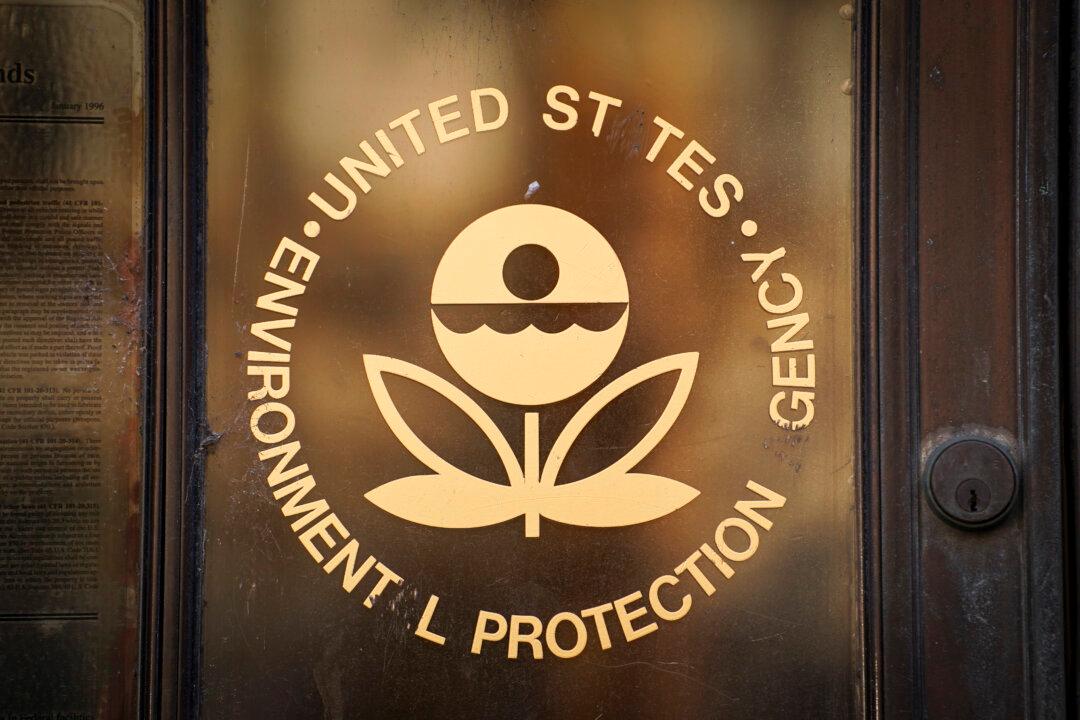A Louisiana federal judge has issued a preliminary injunction barring the Environmental Protection Agency (EPA) and the Department of Justice (DOJ) from defunding state agencies over allegations of discrimination and civil rights violations.
Under Title VI of the Civil Rights Act of 1964, the federal government can defund entities found to discriminate based on race, creed, or national origin. The EPA and the DOJ were attempting to use this section of the Civil Rights Act to ensure any future projects approved in Louisiana would not disproportionately expose minority communities to pollution, while also reducing current pollution levels.





